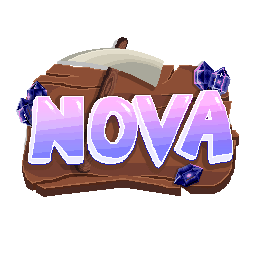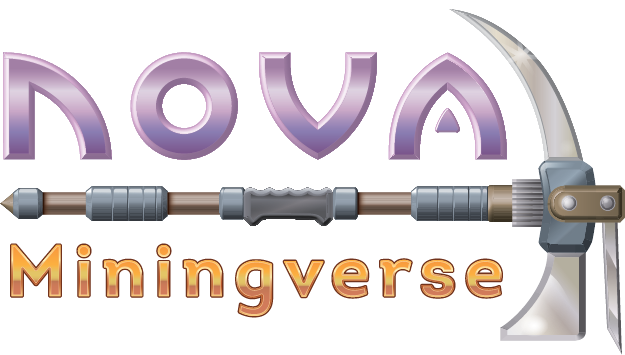
The time it takes for a videogame to go through its entire life cycle can vary widely depending on many factors, such as the size and complexity of the game, the resources and budget available to the development team, and the platform the game is being developed for.
In Nova, we have our own roadmap, being currently close to the launch phase, and we want to tell our community how was for us briefly.
- Concept and Development: The initial idea for a game is formed, and a development team is assembled to begin work on the project. This phase can take several years, depending on the scope and complexity of the game.
- Pre-Production: The development team creates a prototype of the game, which is used to test gameplay mechanics and gather feedback from focus groups. This phase can also take several months to a year.
- Production: The bulk of the game’s development takes place during this phase. The team works on creating the game’s assets, programming the gameplay, and integrating all the various elements of the game. This phase can take several years as well.
- Beta Testing: Once the game is in a near-complete state, it is sent out to beta testers to gather feedback and identify any remaining bugs or issues. This phase can take several months.
- Release: The final version of the game is released to the public, either through digital distribution platforms such as Steam or through retail channels. This is usually followed by post-release patches and updates.
- Post-Release Support: After the game’s release, the development team continues to provide support for the game through updates and content releases, as well as addressing any remaining issues or bugs that are identified by players. This phase can last for several years, depending on the game’s popularity and success.
- Decline: The game’s player base slowly decreases as new games are released and players move on to other titles. The game’s developers may continue to release updates, but at a much slower rate, or may stop altogether, ending the game’s life cycle.
It’s also important to note that some games, particularly those developed by smaller indie teams or as part of a game jam, can be developed and released in a much shorter time frame, such as a few months, but if not, in average, creating a solid gaming title takes a minimum of 3 years to more than 5, all of this, without considering the complexity behind Blockchain integration.
And here is the point we wanted to reach. Sadly, GameFi follows the narrative of the “crypto-millionaires”, where the belief of investing in cryptocurrency can lead to extraordinary financial gains, with early adopters becoming incredibly wealthy. Greed is what guides, not only speculators but players, being a crucial source of income for underdeveloped economies, given that the ROI is way higher than what they get from working in a formal position.
What was explained before, represents the biggest threat to sustainability in the medium term for in-game economies, and the ideal of “freedom” behind crypto technologies, does not accept to remove those collectives from the equation.
So, not only the average successful titles are only on the focus of the media and the public for only a couple of months (excluding the titans of the game as a service such as Fortnite, WoW or Genshin Impact), but the GameFi industry also has to deal with profitability demands on the part of the players, because the concept of “fun” does not provide enough incentives to players to remain in the gaming ecosystem.
Bearing all of this, the conclusion, without considering static titles, such as Axie Infinity, which is not producing any return, and whose investors are only holding until the next bull tendency, leads us to consider that the lifespan of a GameFi title after its launch, is around 3 months.
How will Nova face this situation? Briefly, becoming our tile a mining stacking hybrid with gaming, where huge and small capitals will split the profitability generated by the ecosystem.
Keen to learn more?
Read the Nova Miningverse Whitepaper
Stay close: Telegram | Nova Miningverse Twitter | LinkedIn | Website | YouTube | Discord

